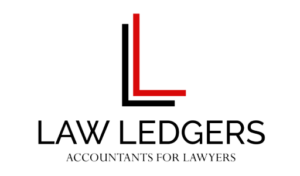Escrow Accounts: Where a Cushion Can Be a Pitfall
In legal practices, managing client funds appropriately is paramount. Escrow accounts serve as a vehicle for holding these funds and, as a result, are subject to meticulous rules and regulations. One commonly misconstrued area is the practice of keeping a cushion or surplus in an escrow account. In this blog post, we will delve into the concept of an escrow account cushion, its perceived benefits, and why it presents far more of a pitfall than a safety net, particularly in light of New York Rule of Professional Conduct 1.15.
The Concept of an Escrow Account Cushion
An escrow account cushion refers to the practice of maintaining extra funds, above and beyond the sums allocated for individual client transactions. Often perceived as a safety net, this cushion is thought to protect against unforeseen expenses or potential bank charges, aiming to prevent the account from running into negative balances.
Why a Cushion Is a Pitfall
New York Rule of Professional Conduct 1.15(b)(1) addresses provides that a lawyer may deposit their own funds into an escrow or special account for the sole purpose of paying bank service charges on that account, but only in an amount necessary for that purpose.
The idea of a cushion in your escrow account may seem like an added level of security. However, it is prohibited by the Rules and could result in serious disciplinary liability. See Matter of Salo, 77 A.D.3d 30, 36 (1st Dept. 2010) (“Respondent readily admits to commingling his earned fees to provide a ‘cushion’ which is also a violation of the escrow account rules”).
The Bottom Line
While maintaining a cushion in your escrow account may seem like a prudent decision, it’s clear that the potential pitfalls far outweigh the perceived benefits. By aligning your practice with the guidelines laid out in Rule 1.15, you’ll foster a transparent, ethical, and ultimately more successful legal practice. Compliance with professional rules is not just about avoiding penalties – it’s also a cornerstone of the attorney-client relationship, promoting trust and loyalty that can last a lifetime.
Please note that the information provided on this website is for general informational purposes only and is not intended as legal or tax advice. The information is subject to change, and it is important to consult a specialist before making any decisions. Law Ledgers provides accounting services to New York lawyers and law firms, including escrow protection, tax advice and bookkeeping administration. Contact us today for personalized support.









